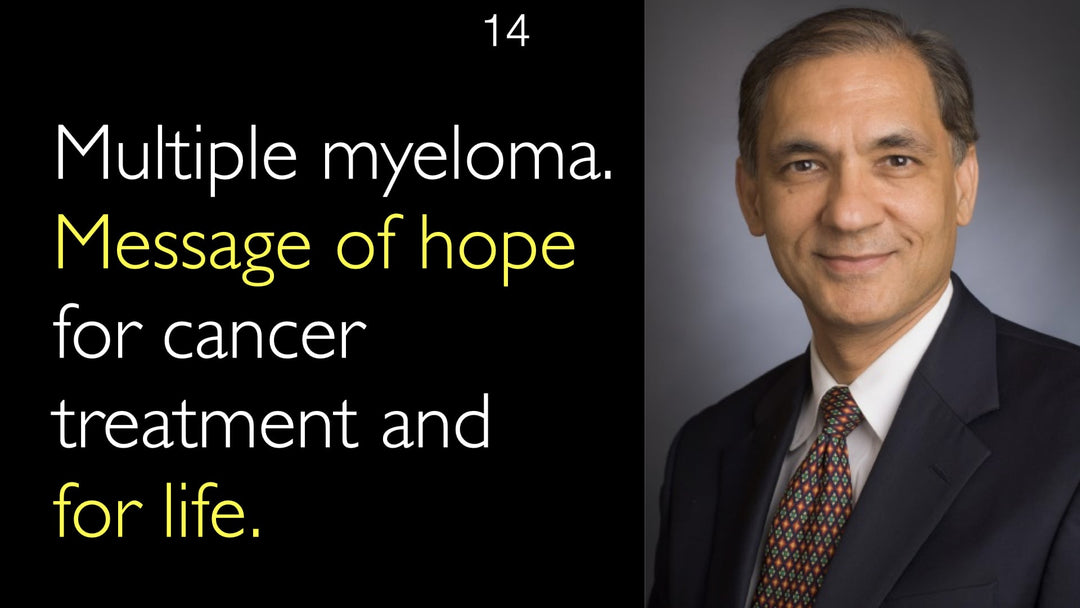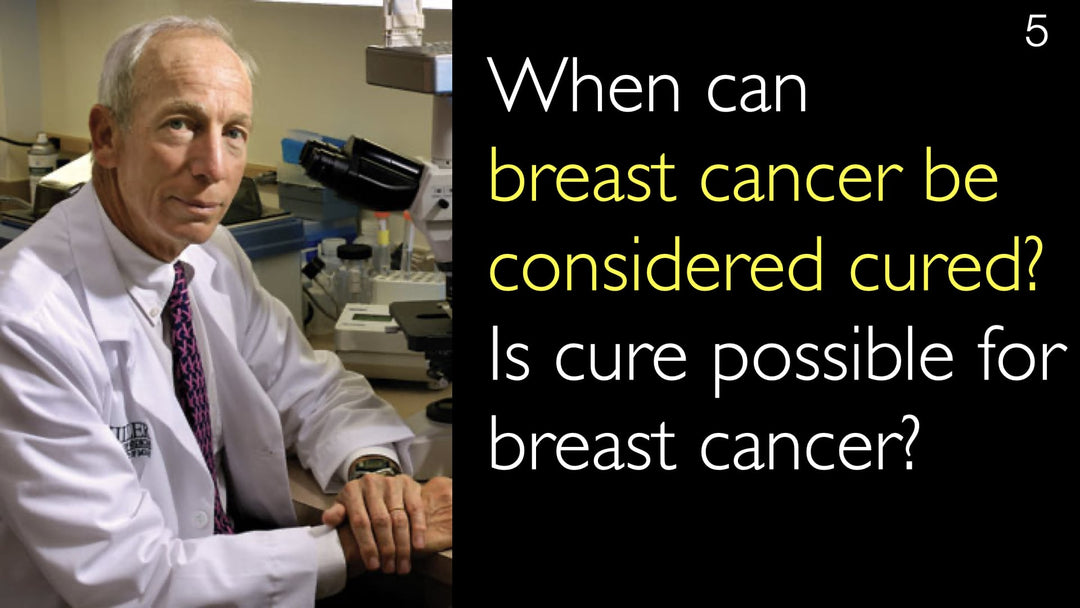Leading colorectal cancer surgeon, Dr. Torbjorn Holm, MD, emphasizes the importance of patients becoming proactive consumers in healthcare. He advocates for patients to take charge of their treatment choices, particularly in cancer care, by seeking information and demanding the best possible treatment options. Dr. Torbjorn Holm, MD, highlights the future of healthcare as being driven by informed patients who utilize resources like the Internet and open registries to make educated decisions. He envisions a shift towards high-volume surgical departments, individualized treatments, and minimally invasive surgery, especially in rectal cancer treatment. Dr. Anton Titov, MD, discusses with Dr. Holm the evolving role of patients in the healthcare system, underscoring the need for patients to actively participate in their healthcare decisions.
Empowering Patients to Choose Their Healthcare Providers
Jump To Section
- Patient Choice in Healthcare
- Consumer-Driven Healthcare
- Future Trends in Cancer Treatment
- Demand for Information and Special Treatment Units
- Individualized Care and Minimally Invasive Surgery
- Full Transcript
Patient Choice in Healthcare
Dr. Torbjorn Holm, MD, argues that patients should have the autonomy to choose their healthcare providers. He believes that the traditional model, where doctors decide on patient care, is outdated. Instead, patients should be empowered to select who treats them, ensuring they receive the best possible care tailored to their needs.
Consumer-Driven Healthcare
Dr. Holm envisions a future where healthcare is consumer-driven. Patients will actively seek out information and demand high-quality care. This shift requires patients to become well-informed about their treatment options and to engage with healthcare systems as consumers, not just passive recipients of care.
Future Trends in Cancer Treatment
In discussing future trends, Dr. Torbjorn Holm, MD, highlights the importance of high-volume surgical departments and individualized treatments. He notes that advancements in molecular tumor profiling and minimally invasive surgery will play crucial roles in improving cancer treatment outcomes, particularly for rectal cancer.
Demand for Information and Special Treatment Units
Dr. Holm stresses that patients will increasingly demand access to comprehensive information about their treatment options. They will seek out special treatment units that offer cutting-edge therapies and expert care. The Internet and open registries will be vital tools for patients to research and compare treatment options.
Individualized Care and Minimally Invasive Surgery
Dr. Torbjorn Holm, MD, emphasizes the need for individualized care plans based on molecular assessments. He advocates for the adoption of minimally invasive surgical techniques, which can lead to better patient outcomes and faster recovery times. This approach aligns with the broader trend of personalized medicine in oncology.
Full Transcript
Dr. Anton Titov, MD: It should be the patients who decide who treats them. Patients must become true consumers of healthcare. They will demand a lot of information. They will demand to come to special treatment units. Patients will demand to have the best possible treatment. They will find out about the best treatment options on the Internet and in the open registries. That would be the future.
Dr. Torbjorn Holm, MD: Patients must become true consumers of healthcare, including cancer care. Today, patients are passive and follow doctors' decisions. But patients must be proactive; they must demand the best cancer treatment and the best treatment of their disease. This is the future of healthcare.
Consumer-driven healthcare is the future. Getting a medical second opinion on cancer diagnosis helps to get the best plan of treatment. This is the future of rectal cancer treatment: high-volume surgical departments, well-educated patients, individualized treatments based on molecular assessments, and more minimally invasive surgery. That is the summary of future trends in rectal cancer treatment.
The availability of treatment has to be tailored to the patient's needs. It should be the patients who decide who should treat them, not the way it has been to date, when doctors decide who should treat the patient.
Dr. Anton Titov, MD: So patients should become true consumers of healthcare. For some reason, the term "client" or "consumer" has had negative connotations in medicine. That's absolutely not true. Because "patient" means somebody who patiently awaits. That's not the way medicine is going.
Dr. Torbjorn Holm, MD: The future will be completely different. Patients will demand a lot of information. They will demand to come to special treatment units. Patients will demand to have the best possible treatment. They will find out about the best treatment options on the Internet and in the open registries. That would be the future.
Best rectal cancer treatment involves high-volume surgeons, well-educated patients, individualized treatments, molecular tumor profiling, and minimally invasive surgery.







